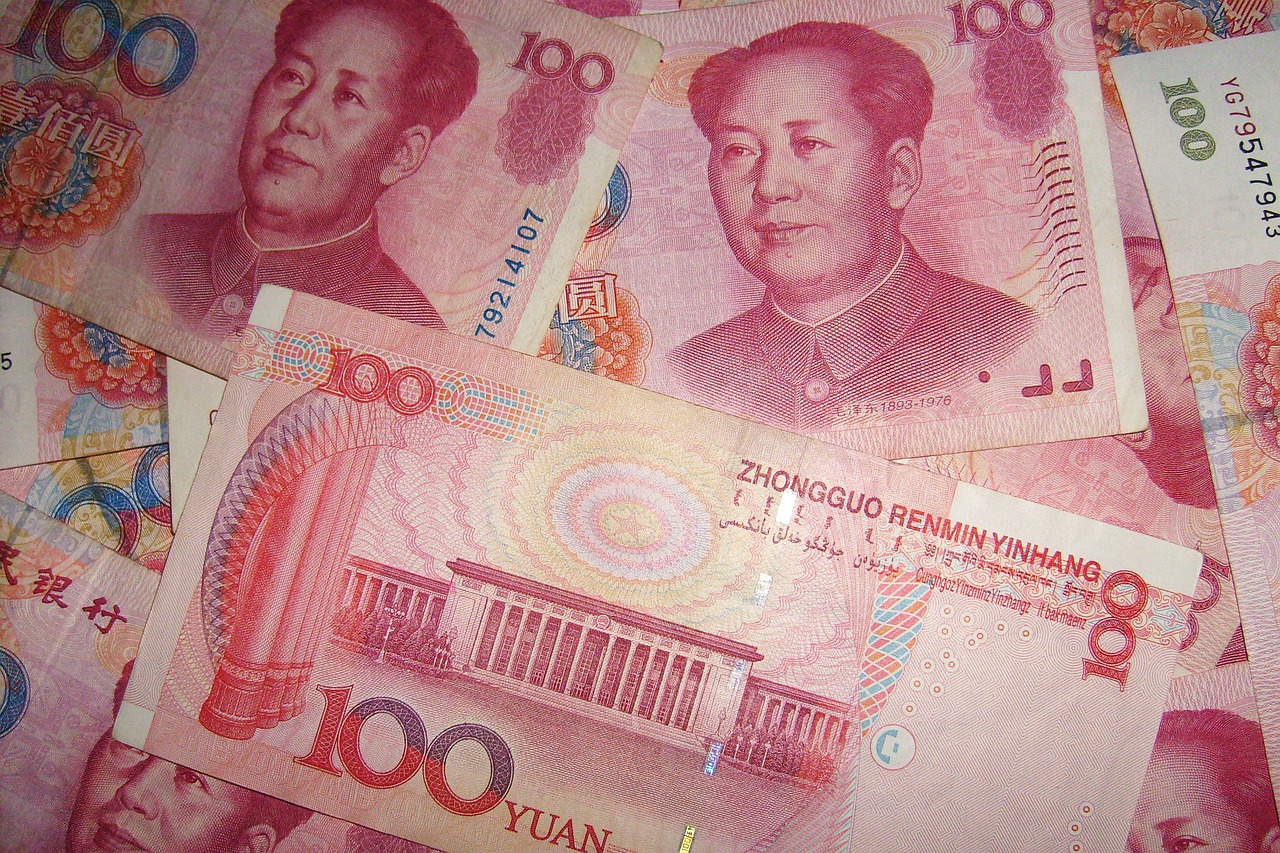Usage of Digital Yuan in China Leaps 1,800%
The Chinese currency, RMB (Renminbi), has been a fiat currency even if it is not fully backed by hard assets such as gold. RMB has been circulating in China and many other countries such as Hong Kong, Macau, and Taiwan, where the Chinese Yuan is the official currency. The RMB is the fifth most traded currency in the world. Since the early 2000s, many commodity-related currencies such as the gold-backed “petrol” and the oil-backed “fiat” have been built and made available to consumers.
The digital currency Yuan is a direct attempt to create a parallel currency and thereby make it easier for government to control monetary policy. It is based on blockchain technology and works similarly to Bitcoin. However, not all those interested in digital currencies are fans of digital money. Few believe that using virtual money by central banks could spell trouble for financial stability because of their secretive nature. Let’s discuss why the use of the digital Yuan in China is skyrocketing. But first, people who are interested should also know what digital yuan is.
The use of digital Yuan is skyrocketing:
The Digital Yuan itself is known as CBDC and stands for “Central Bank Digital Currency” and is a cryptocurrency based on blockchain technology. It is a centralized form of digital currency that similarly circulates like conventional money, with the central bank acting as a middleman between users and exchanges. It is possible by providing accounts to individuals and institutions to trade in a peer-to-peer manner. The Chinese central bank has also announced plans to develop a national payment system using digital currency.
According to the PBOC, the first batch of CBDC as bonds was paid into designated accounts. According to Bloomberg, this could be a form of government-funded digital payments system.
Many experts have suggested a need for CBDC in China because although the RMB is available for trade and investment abroad, it has become increasingly difficult for Chinese users to buy foreign currencies abroad due to restrictions on cross-border transactions. In addition, the digital currency, Yuan, seems to be easing global trade.
Why is the use of digital Yuan increasing every day?
The rise in digital currencies is attributed to the popularity of cryptocurrencies and the Beijing government’s crackdown on them. The PBOC has also banned ICOs (Initial Coin Offering) and closed domestic access to bitcoin exchanges. By regulating these virtual coins already available in China, the government can manage its monetary policies and exercise control over the capital flow.
Digital currencies are not a free-for-all – they must be registered, but they also offer anonymity, making them attractive to criminals. In addition, although users are required by law to report their income or currency transactions that exceed a certain amount, this is difficult because central banks or tax authorities may never identify private accounts where users hold their wealth offline.
China’s motive:
The Chinese government is worried about capital flight due to the lack of liquidity in the country. It wants to ensure that there is no sudden shift in the flow of money from China. Therefore, it wants to give people the option of keeping their money with national banks rather than exchanging it for foreign currencies at an unattainable rate and be very careful about macroeconomic policies.
It was why in 2015, China finally began allowing its citizens to buy US stocks, bonds, and real estate overseas but only with Yuan, which holds a controlling stake. China is ahead of its time as far as digital currency is concerned and wants to be a part of this new revolutionary world.
Increasing adoption of digital Yuan in china:
China is the ideal place for virtual currency because of the unique way it and the PBOC have tried to get involved with Blockchain technology. China is also keen that its people direct their savings into digital currencies rather than gold or other foreign currencies to boost its economy.
This centralized currency system is built on blockchain technology, which gives it low transaction costs and other benefits. The system can be used very quickly, allowing users to complete transactions within a few seconds compared to the minutes or hours required by Bitcoin. According to Bloomberg, authorities hope citizens see it as more manageable and safer than investing in Bitcoin or other virtual coins.
Summary:
The National Bank of China has introduced a national payment system (NPS) in which RMB can have a use case. It is known as a “CBDC” and is different from Bitcoin because it will reduce volatility, a significant concern for central banks looking to prevent money from leaving the country. In addition, China is a vast economy, and its people are used to the government controlling the currency, so regulating the NPS will be relatively easy.
This new digital currency can bring massive benefits to China, especially capital control, stability, and free trade policies, but it could also bring trouble. Still, only time can tell if this digital currency will live up to its promise or not.

